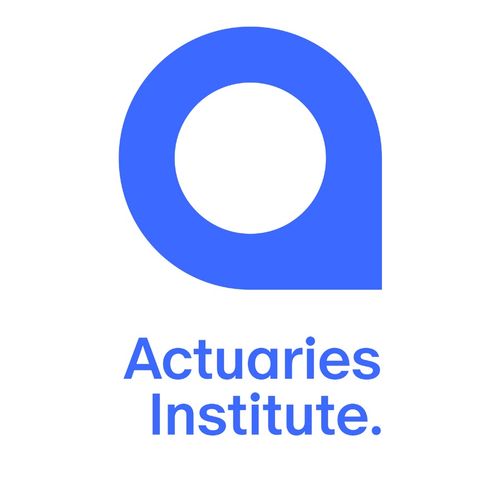The Role of Directors and Boards - Lessons from the Banking Royal Commission - 2021 All-Actuaries Virtual Summit (Mini-Podcasts)

Sign up for free
Listen to this episode and many more. Enjoy the best podcasts on Spreaker!
Download and listen anywhere
Download your favorite episodes and enjoy them, wherever you are! Sign up or log in now to access offline listening.
Description
TRANSCRIPT: https://actuaries.logicaldoc.cloud/download-ticket?ticketId=e6fc8695-3f35-41c2-8de3-d67367cccf82 DESCRIPTION: Ian Laughlin joins Barry Rafe to discuss their paper that will be presented at the upcoming 2021 All-Actuaries Virtual Summit in the Leadership and Professionalism Plenary titled...
show moreDESCRIPTION:
Ian Laughlin joins Barry Rafe to discuss their paper that will be presented at the upcoming 2021 All-Actuaries Virtual Summit in the Leadership and Professionalism Plenary titled “Was the misconduct identified in the Banking Royal Commission enabled by directors who didn't understand the complexity of the businesses they directed?
On 8 May 2018 the Financial Review reported that a number of directors of AMP were stepping down because they no longer had the support of the institutional shareholders. The resignations were directly attributable to the fallout from the banking Royal Commission which revealed that the behaviour of financial services organisation often did not meet community standards and expectations. In some cases, such as the AMP there appeared to be conduct that broke the law.
The board is responsible for the actions and success of the corporation and hence the composition of the board would appear to be relevant to the corporation’s success. Ideally, directors are selected for board positions based on their technical and behavioural competencies. Boards often develop a skills matrix that sets out the broad set of competencies needed for the corporation to meet its aims. The expectation is that directors are appointed to fill or bolster various competencies required. In addition, the Corporations Act requires that all directors be financial literate i.e. they need to understand the financial drivers of the organisations they direct.
The questions to be asked in this plenary session are:
•Was the misconduct revealed by the banking Royal Commission caused by directors who did not understand the businesses they directed?
•Who should be on the boards of complex financial services businesses
•How do complex financial services businesses manage the need for diversity of skills on the board with the need for directors to understand the complexity of the businesses they direct.
ABOUT THE ACTUARIES INSTITUTE:
As the sole professional body for Members in Australia and overseas, the Actuaries Institute represents the interests of the profession to government, business and the community. Actuaries assess risks through long-term analyses, modelling and scenario planning across a wide range of business problems.
This unrivalled expertise enables the profession to comment on a range of business-related issues including enterprise risk management and prudential regulation, retirement income policy, finance and investment, general insurance, life insurance and health financing.
Find out more about actuaries
https://www.actuaries.asn.au
https://linktr.ee/ActuariesInstitute
Follow the Institute of Actuaries on our social channels;
LinkedIn: https://www.linkedin.com/company/792645/
Facebook: https://www.facebook.com/pages/Actuaries-Institute/183337668450632
Instagram: https://www.instagram.com/ActuariesInst
Twitter: https://www.twitter.com/ActuariesInst
Information
| Author | Actuaries Institute |
| Organization | Actuaries Institute |
| Website | - |
| Tags |
-
|
Copyright 2024 - Spreaker Inc. an iHeartMedia Company
